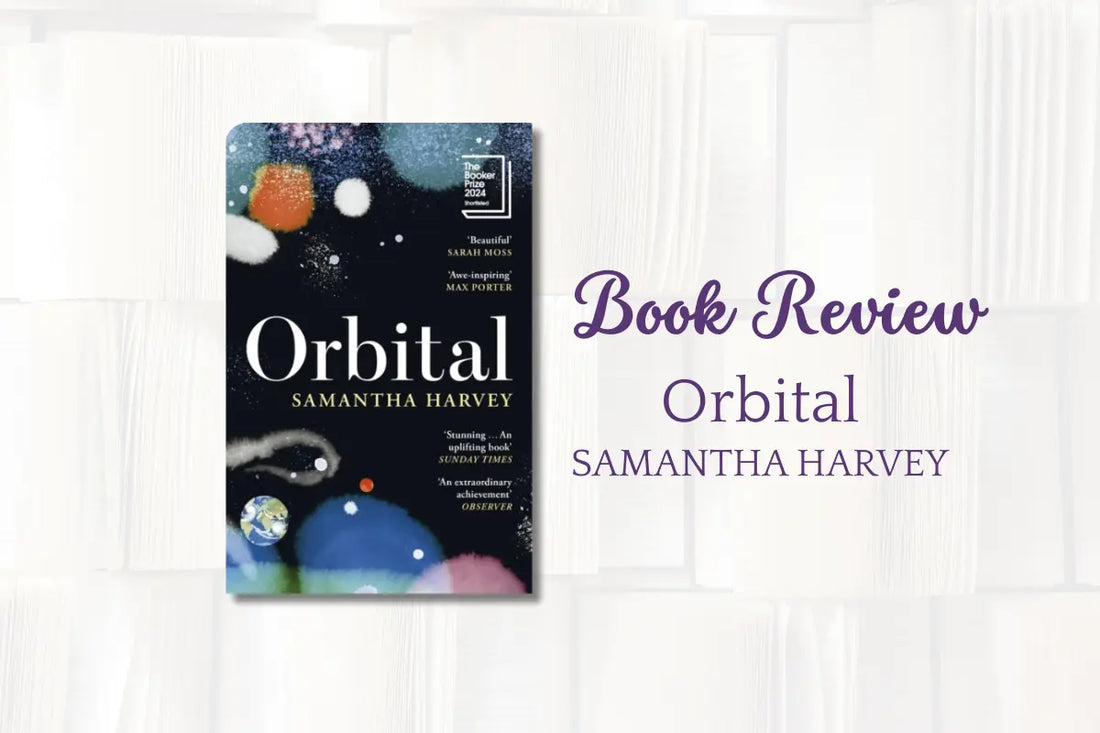
Book Review: Orbital by Samantha Harvey
About The Book
Life on our planet as you've never seen it before.
A team of astronauts in the International Space Station collect meteorological data, conduct scientific experiments and test the limits of the human body. But mostly they observe.
Together they watch their silent blue planet, circling it sixteen times, spinning past continents and cycling through seasons, taking in glaciers and deserts, the peaks of mountains and the swells of oceans. Endless shows of spectacular beauty witnessed in a single day. Yet although separated from the world they cannot escape its constant pull.
News reaches them of the death of a mother, and with it comes thoughts of returning home. They look on as a typhoon gathers over an island and people they love, in awe of its magnificence and fearful of its destruction. The fragility of human life fills their conversations, their fears, their dreams.
So far from earth, they have never felt more part - or protective - of it. They begin to ask, what is life without earth? What is earth without humanity?
Why We Love It
A beautifully written love letter to the Earth, Orbital is a powerful and lyrical ode to this small blue dot we all call home.
Miles and miles above us, the international space station orbits the earth around 16 times a day - 16 sunrises and sunsets viewed within every 24 hour period by those within. Somehow I hadn't quite ever considered how disorientating that might be for astronauts up there, given the normal circadian, light and dark rhythm of daily life.
Despite a carefully choreographed daily routine of checks, tests and maintenance to keep them occupied, it's that womb-like, dreamlike, time-distorting weightlessness of life in space that Samantha Harvey zones in on in this short novel.
To be fair, not a lot actually happens throughout the book - which at a guess, I'd say some readers might struggle with.
One of the astronauts finds out that her mother has passed away back on Earth. A catastrophic typhoon builds and rages below.
Mostly though, the astronauts just observe the spinning planet below, watching over it from a perspective that none of us can ever hope to understand and pondering on the symbiotic relationship between Earth and it's many inhabitants.
This lack of driving plot didn't particularly bother me personally, because the whole book is just oh so wonderfully written. Samantha Harvey’s words practically dance off the page, with a tumbling poetic prose that made me want to stop, pause and savour every perfectly crafted sentence before moving on to the next.
At the time of writing this review, Orbital has been shortlisted for the 2024 Booker Prize, and rightly so in my entirely unasked for opinion. It's probably one of the most uniquely captivating books I've read in a long time and poignantly relevant at a time when the world seems more divided than ever.




